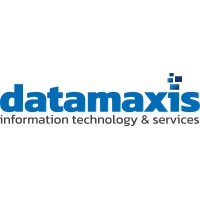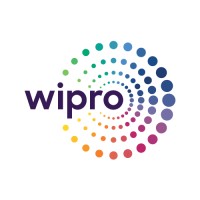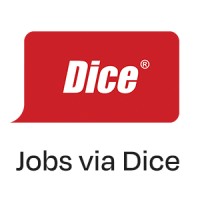

CLPS Global
Generative AI Engineer
⭐ - Featured Role | Apply direct with Data Freelance Hub
This role is for a Generative AI Engineer with a contract length of "unknown," offering a pay rate of "unknown." Key skills required include 4–8 years of software engineering experience, proficiency in Python, and expertise in LLM frameworks and agentic frameworks.
🌎 - Country
United States
💱 - Currency
$ USD
-
💰 - Day rate
Unknown
-
🗓️ - Date
November 12, 2025
🕒 - Duration
Unknown
-
🏝️ - Location
Unknown
-
📄 - Contract
Unknown
-
🔒 - Security
Unknown
-
📍 - Location detailed
Richardson, TX
-
🧠 - Skills detailed
#Deployment #AI (Artificial Intelligence) #Python #GIT #DevOps #Automation #GCP (Google Cloud Platform) #Cloud #Scala #ML (Machine Learning) #Langchain
Role description
As a Generative AI Engineer, you’ll be a core member of this pod, building and integrating agentic systems powered by cutting-edge LLM and GenAI technologies. You’ll work closely with Tech Leads and Full Stack Engineers to turn AI capabilities into production-ready enterprise solutions.
Key Responsibilities
• Design, develop, and deploy agentic AI systems leveraging LLMs and modern AI frameworks.
• Integrate GenAI models into full-stack applications and internal workflows.
• Collaborate on prompt engineering, model fine-tuning, and evaluation of generative outputs.
• Build reusable components and services for multi-agent orchestration and task automation.
• Optimize AI inference pipelines for scalability, latency, and cost efficiency.
• Participate in architectural discussions, contributing to the pod’s technical roadmap.
Core Skills & Experience
Must Haves
• 4–8 years of software engineering experience with at least 1–2 years in AI/ML or GenAI systems in production
• Hands-on experience with Python only for AI/ML model integration.
• Experience with LLM frameworks (LangChain, LlamaIndex is a must
• Exposure to agentic frameworks (Langgraph, AutoGen, CrewAI is a must
• Understanding of Git, CI/CD, DevOps, and production-grade GenAI deployment practices.
Nice-to-Have
• Familiarity with Google Cloud Platform (GCP) — especially Vertex AI, Cloud Run, and GKE.
• Experience building AI APIs, embeddings, vector search, and integrating them into applications.
• Experience fine-tuning open-source models (LLaMA, Mistral, etc.) or working with OpenAI APIs.
• Exposure to multi-modal AI systems (text, image, or voice).
Familiarity with Low-Code/No-Code tools (e.g., AppSheet) for workflow integration.
As a Generative AI Engineer, you’ll be a core member of this pod, building and integrating agentic systems powered by cutting-edge LLM and GenAI technologies. You’ll work closely with Tech Leads and Full Stack Engineers to turn AI capabilities into production-ready enterprise solutions.
Key Responsibilities
• Design, develop, and deploy agentic AI systems leveraging LLMs and modern AI frameworks.
• Integrate GenAI models into full-stack applications and internal workflows.
• Collaborate on prompt engineering, model fine-tuning, and evaluation of generative outputs.
• Build reusable components and services for multi-agent orchestration and task automation.
• Optimize AI inference pipelines for scalability, latency, and cost efficiency.
• Participate in architectural discussions, contributing to the pod’s technical roadmap.
Core Skills & Experience
Must Haves
• 4–8 years of software engineering experience with at least 1–2 years in AI/ML or GenAI systems in production
• Hands-on experience with Python only for AI/ML model integration.
• Experience with LLM frameworks (LangChain, LlamaIndex is a must
• Exposure to agentic frameworks (Langgraph, AutoGen, CrewAI is a must
• Understanding of Git, CI/CD, DevOps, and production-grade GenAI deployment practices.
Nice-to-Have
• Familiarity with Google Cloud Platform (GCP) — especially Vertex AI, Cloud Run, and GKE.
• Experience building AI APIs, embeddings, vector search, and integrating them into applications.
• Experience fine-tuning open-source models (LLaMA, Mistral, etc.) or working with OpenAI APIs.
• Exposure to multi-modal AI systems (text, image, or voice).
Familiarity with Low-Code/No-Code tools (e.g., AppSheet) for workflow integration.






